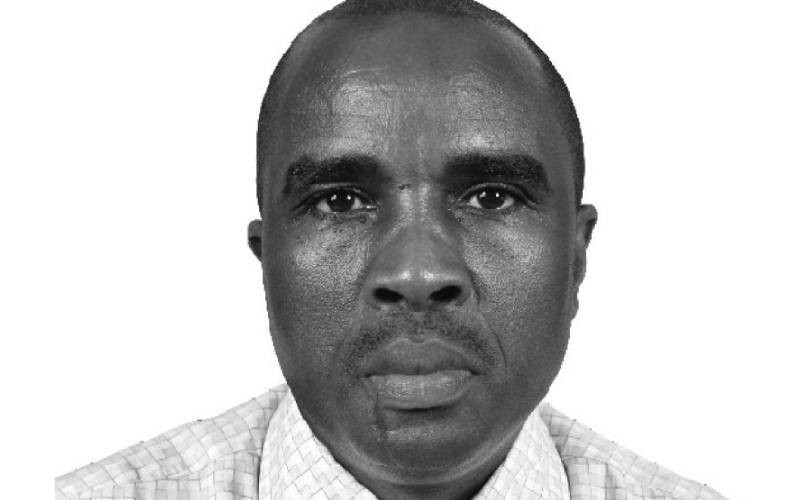
I have now had the benefit of reading the entire report of the Kalonzo-Ichung'wah-led National Dialogue Committee (Nadco), including the submissions made by Kenyans on the various issues that had been identified by the committee. Like all previous reports on how to reform Kenya's social, political, and economic dynamics, it makes for interesting reading. Parts of it read like the late George Saitoti's 1990 Kanu Review Committee Report, speaking to the need for party discipline, 30 years after we became a multi-party democracy!
Others are almost extracts of the Yash Ghai 2005 Constitutional Review Committee Report addressing checks and balances and inclusion of the marginalised 60 years after we became an independent State.